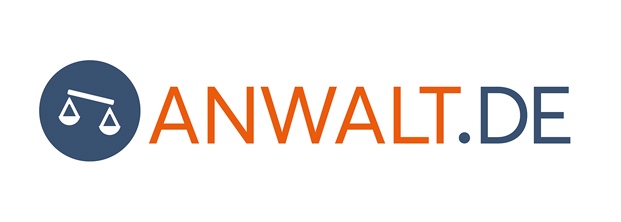If employees fall ill through no fault of their own so that they are unable to work, their "salary" must continue to be paid in the form of continued remuneration for a period of up to six weeks. We summarize when employers must continue to pay remuneration and what needs to be considered.
Minimum requirements for entitlement
Only employees who have been employed for at least four weeks are eligible. This waiting period can be shortened in favor of employees by employment or collective agreement or company agreement. If employees do not meet the waiting period, they will receive the lower sickness benefit from the health insurance if they are members of the statutory health insurance scheme. In addition, they must actually be employees. Freelancers are generally not entitled to continued payment of remuneration. In some constellations, however, it must be checked whether the freelancers employed are not actually employees. In such cases, this is referred to as bogus self-employment.
Timely notification of incapacity for work/presentation of the certificate of incapacity for work ("sick bill")
Employees are obliged to report their incapacity for work to their employer immediately and to inform them of the expected duration of their incapacity for work. If the incapacity for work lasts longer than three days, a medical certificate of incapacity for work ("AU") must be submitted on the following day at the latest. Some employers require this from the first day of incapacity for work. In this case, employees are also obliged to submit the certificate of incapacity for work earlier. If employees do not comply with their notification and proof obligations in good time, employers can refuse to continue to pay remuneration.
It is important to note that the sick note must be received by the employer within the respective deadline and not just sent. This can be particularly problematic if the sick note is to be submitted from the first day, but is sent by post and is not expected to be received until two or three days later. In such cases, it is strongly advisable to photograph or scan the sick note and send it to the HR department by email in advance. The e-mail should contain a note that the sick note is in the post and will be received in the next few days. Employees should also ask for a brief confirmation that the email has been received.
How high is the entitlement to continued remuneration?
The entitlement to continued remuneration corresponds in full to the salary to which employees would be entitled without the incapacity for work. Special payments such as the Christmas bonus and regular overtime must also be taken into account. The average salary of the last 12 months before the start of the incapacity for work is used as a reference.
The amount of continued remuneration during short-time working is reduced accordingly according to the short-time working allowance.
How high is the entitlement to sickness benefit?
If the incapacity for work lasts longer than six weeks, the entitlement to continued payment of remuneration ceases. This is replaced by the payment of sickness benefit by the health insurance fund. The amount of sick pay per calendar day depends on the regular income. In principle, it amounts to 70 percent of the gross salary, but no more than 90 percent of the net salary. Sickness benefit is limited to a statutory maximum amount of 112.88 euros per day (value in 2021).
Further constellations of continued remuneration
Employees are also entitled to continued remuneration in the event of sterilizations, abortions and sports injuries, even if these are sports with a high injury potential. In the case of dangerous sports, however, the employee must also comply with the established rules of the game in sport.
If employees attend a cure or rehab, they are entitled to continued payment as long as this is medically necessary and has been approved by a social insurance institution. Employment and collective agreements may deviate from this in favor of the employee.
If employees have caused their incapacity for work through their own fault, i.e. if they have violated general safety rules to a particularly high degree, they are not entitled to continued remuneration. A very high standard of culpability applies here. Case law assumes such "fault against oneself" if employees significantly violate the conduct expected of a reasonable person in their own interest. Examples of this include accidents caused by disregarding a red traffic light, alcohol-related traffic accidents, but also particularly gross violations of occupational health and safety regulations. Employers must prove this culpability. However, employees are obliged to cooperate in the investigation.
Check now free of charge whether your continued payment of wages has been wrongly refused.






